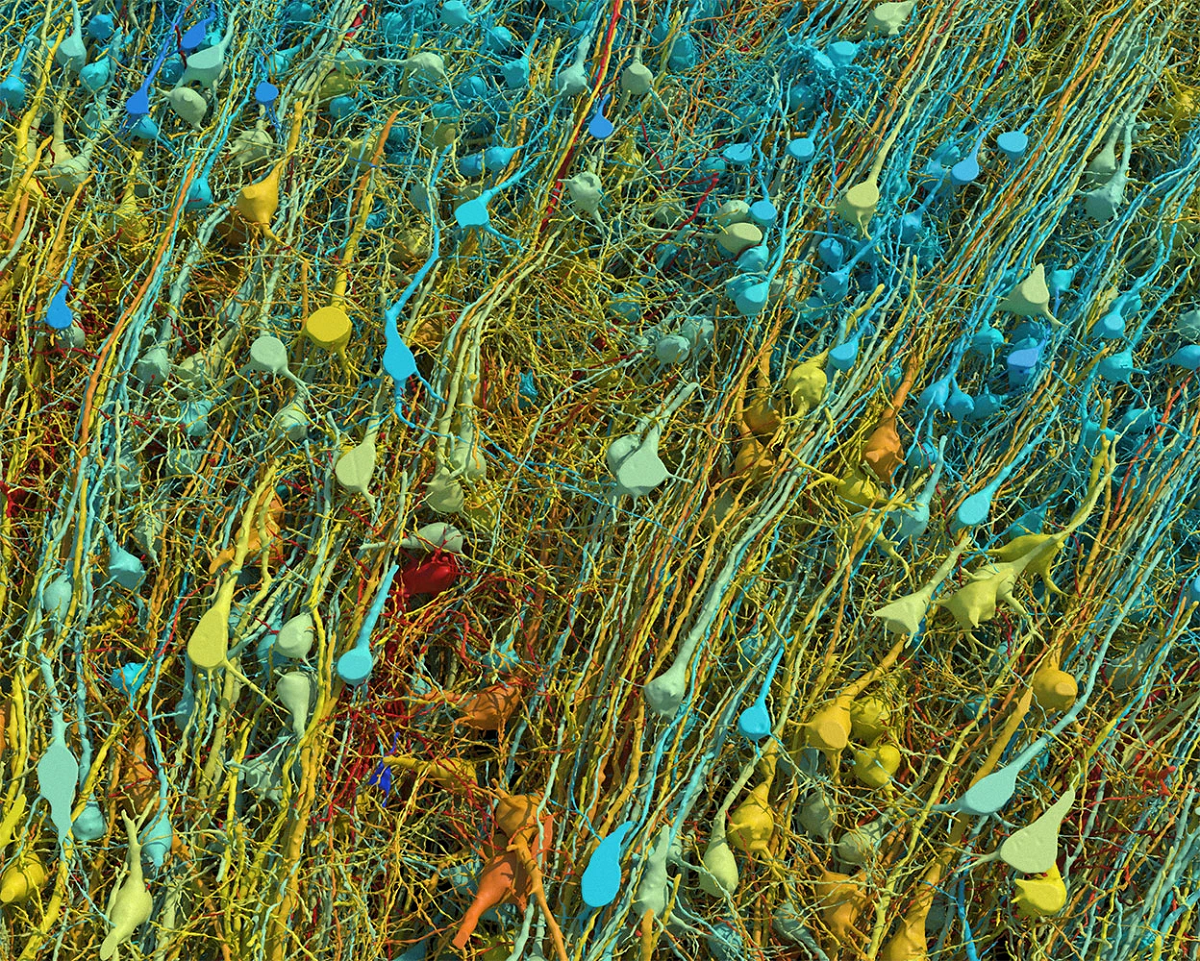MI weekly selection #559

Underground blobs may have triggered plate tectonics
Giant blobs deep underground, left by Earth’s collision with the planet Theia 4.5 billion years ago, led to Earth’s first subduction about 200 million years later, which in turn triggered surface breaks that became tectonic-plate borders, according to computer modeling. Seismologists and geologists used existing data on the blobs, technically called large, low-velocity provinces, including findings that LLVPs consist of different material than the mantle or the core.
Full Story: PhysOrg
New species links modern mammals to post-dinosaur revival
Paleontologists have described a previously unknown species that could further the understanding of mammalian diversity that exploded after dinosaurs’ extinction at the end of the Cretaceous. Skull and jaw fossils of Militocodon lydae, which weighed up to 460 grams, have emerged from an area in Colorado that dates to the late Cretaceous and early Paleogene periods, which have notoriously poor fossil records.
Full Story: Sci-News
Researchers map brain fragment in astonishing detail
A new 3D map of about 1 cubic millimeter of the human cortex contains approximately 57,000 cells and 150 million synapses in 1.4 petabytes of data, showing just how complex the brain is, says neuroscientist Viren Jain, who co-authored a paper in the journal Science on the research. Scientists cut a sample from a woman’s brain into around 5,000 34-nanometer-thick slices, which Jain’s team stitched together using AI. Jain is looking for “proofreaders” to look for errors in the atlas.
Full Story: Nature
Ultraprocessed foods linked to risk of early death
A 30-year study in The BMJ found that individuals who ate the most servings of ultraprocessed foods per day had 4% increased risk of all-cause mortality and 9% higher risk of neurodegenerative death. The association was largely driven by a few types of food, including processed meat and sweetened beverages.
Full Story: CNN
Snowfall may correlate to changes in seismic activity
Research links heavy snowfall to thousands of earthquakes on the Noto Peninsula in Japan since 2020, indicating that water movement below the surface and pressure from the snow’s weight could affect the rate of seismic activity. While the study does not say weather or climate causes earthquakes, it is one of the first to suggest a correlation.
Full Story: NBC News